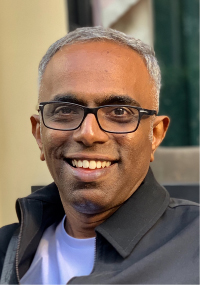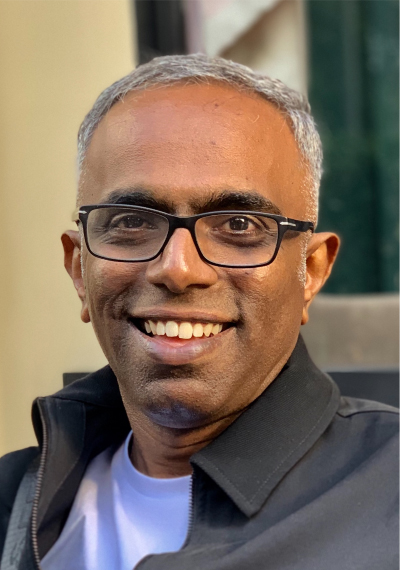Imagine you have a four year old daughter. All sprightly, playful and extremely fun to be with. Assume that you have been away on work. Making full use of your absence and in her constant quest for exploration, she touches a hot tea pot.
The hot tea pot gets her to pull her hand back in a quick reflex action. Chances that she would go anywhere close to the tea pot reduce dramatically. Some learning has taken place there.
You get home from work and ask her, ‘what did you learn today baby?’, chances of her saying ‘I learnt that the tea-pot in the corner of the kitchen is hot and can be very dangerous’ is remote. Remote is a mild word there!
In all probability, you will hear a ‘nothing’ or something or about the latest game that she picked up from her best friend or whatever. And getting on to the next game.
This scene is something that keeps repeating all over our lives. We are all learning. All the time. Or rather, continuously making meaning of things that happen to us or around us. Constructivism holds meaning making right at the centre. But that’s as far we’ll go into that aspect.
In an organisational setup, the meaning making can take a collective hue as well. Most often, leaders abdicate a responsibility to help team members REALISE their meaning making and helping assimilate / moderate / augment the ‘learning’ that occurs all the time.
One key skill that is seeing more and more remote practice of, is the ability to hold reflective conversations with team members. In a high tech, connected world where email and the keyboard become THE interface, having good old conversations is becoming a rarer ‘event’! Yet, it is a such a vital tool in a leader’s arsenal.
If it is so vital, why isn’t it practiced as much as it should be?
For one, it is difficult. It is seemingly easy, but it is difficult. There cant be anything more easy than sitting down and having a good chat, it would seem. For one, it goes beyond ‘small talk’ and exchanging sounds about the weather or seeking basic information about each other!
A good quality conversation which can enthuse team members has a few aspects to it. It means, listening exceeds the speaking not with an intent to convince, but with a desire to bring complete ‘PRESENCE’ to the conversation. And listening happens both with the eyes and ears!
A good conversation means indulging in the lost art of curiosity and staying with asking questions to help the team member discover answers for himself or herself. It means patience. And it also means, living with the possibility that it perhaps will not head the way it was desired in the leader’s mind! Candour and sharing help establish trust from both sides and are great catalysts!
And no, a good quality conversation cannot be had over mail. Yes, ‘conversations’ sounds simple. And ‘simple’ is not always, ‘easy’! Or effective.
Some of the best leaders I have worked with have been great at conversations. Not necessarily, the funny-slap-on-your-back-laughter kind of conversations over a few drinks. But ones where they were fully present. Not for a moment looking into their mobile phones or into their watches. They listened intently, with curiosity ruling the day. And always, always, asking searching questions the answers of which I was in search of, sometimes, long after the conversation was over.
Many a time, these chats didn’t give me straight answers or ‘to-do’ lists but helped me formulate a thought and create my own ‘to-do’ list!
Even as the ultra fast world gets comfortable with clicking on the ‘like’ button, putting down a two line comment and drafting mails as a means for communication, they are just a patch on the power of a simple conversation!
It is a vital skill in a connected world to connect deeply!



Brilliantly put Kavi. The power of learning through conversations is undervalued. We are investing more time on data and figures than we are in leveraging the learnings of others.
My own realization of this took the shape of the leadership insights initiative but the biggest value I have gained is in learning from the deep, reflective conversations we been able to have with so many accomplished people.